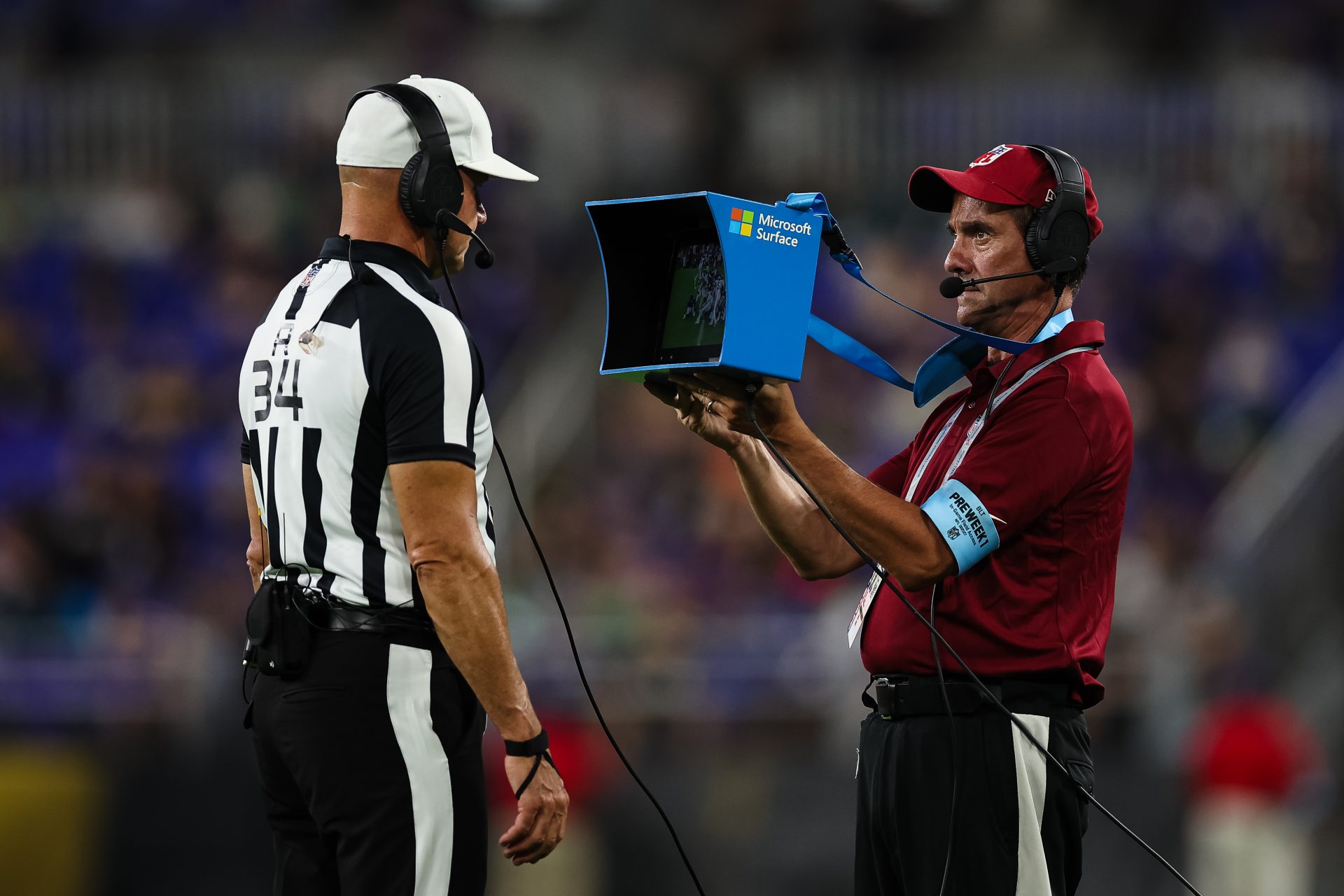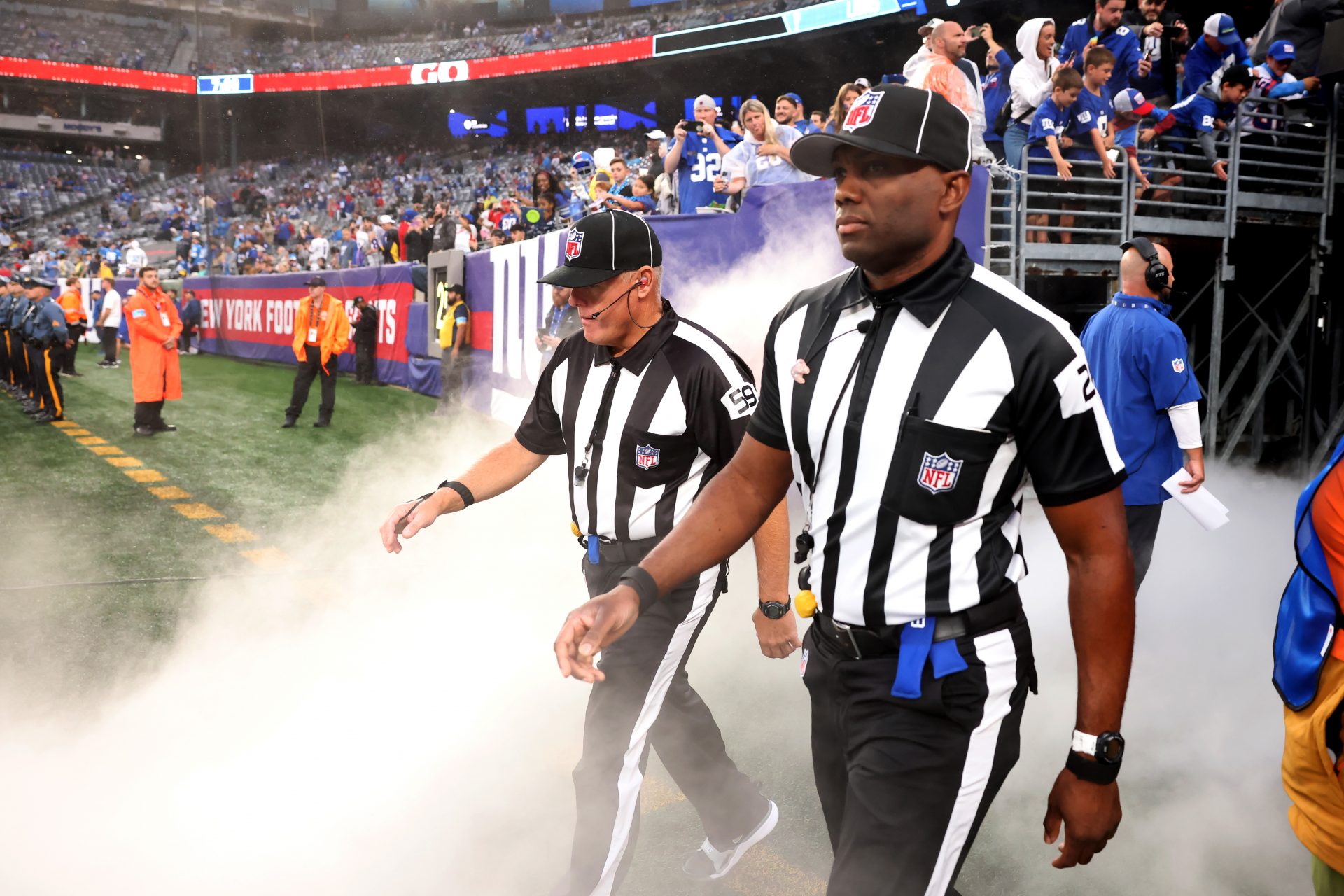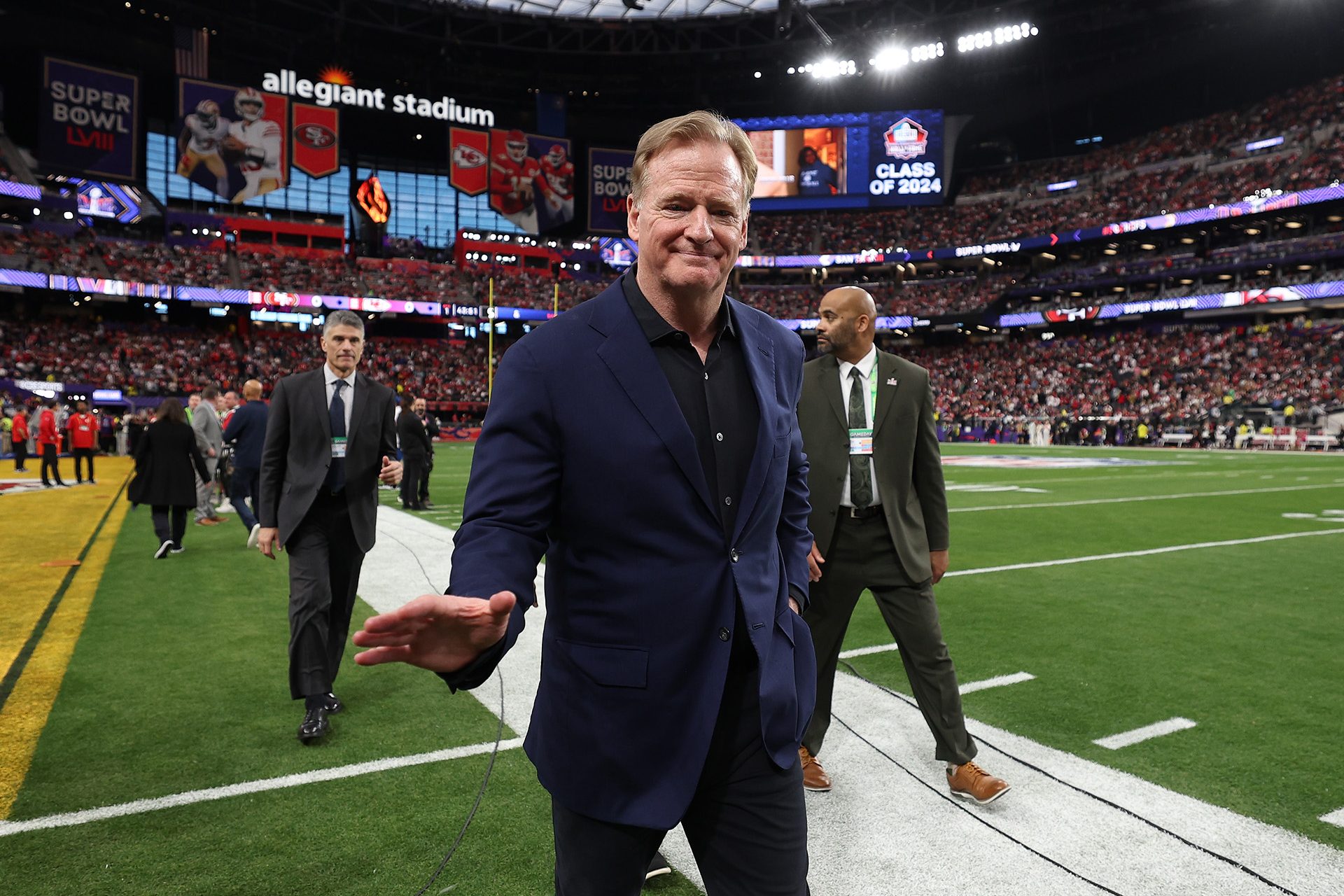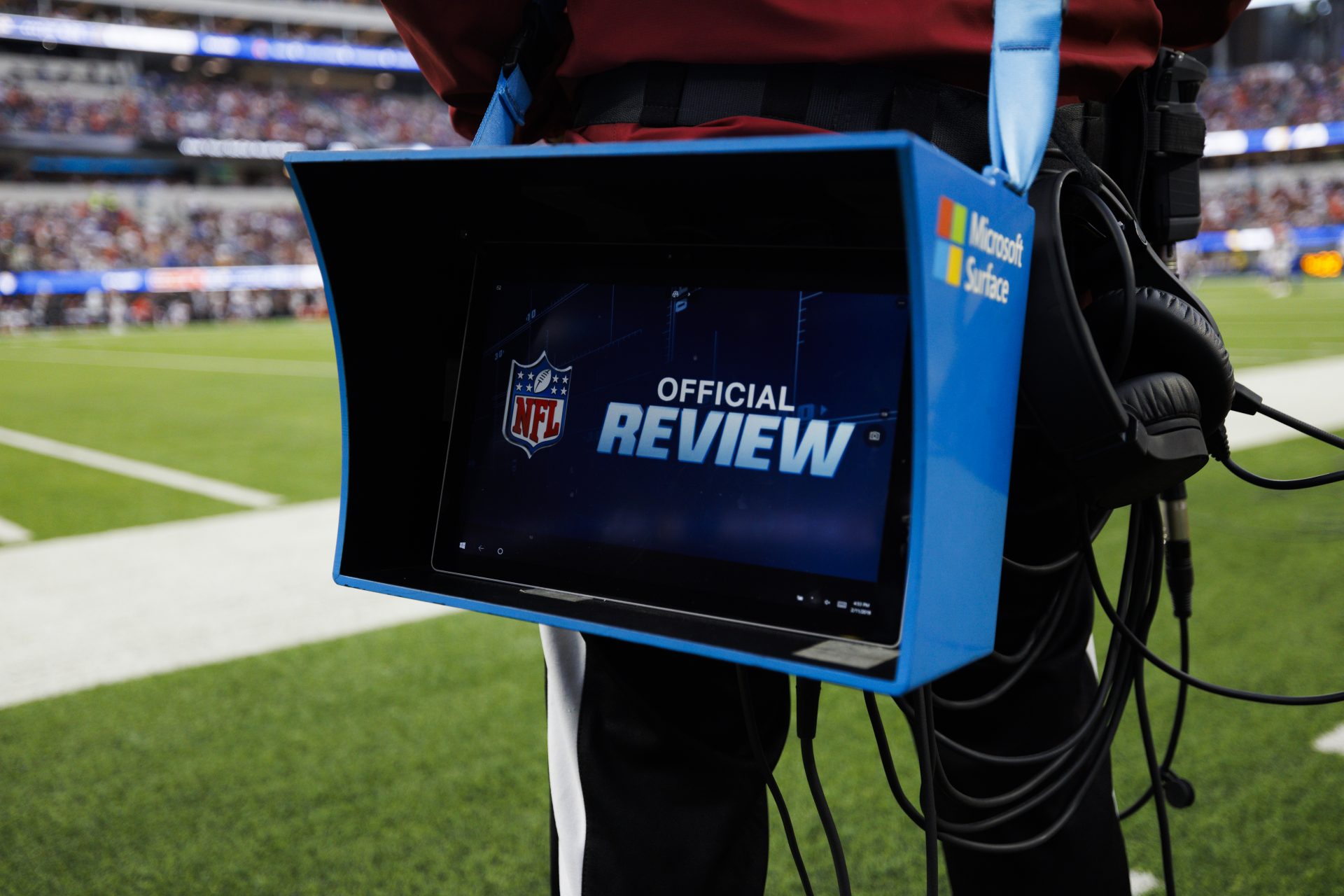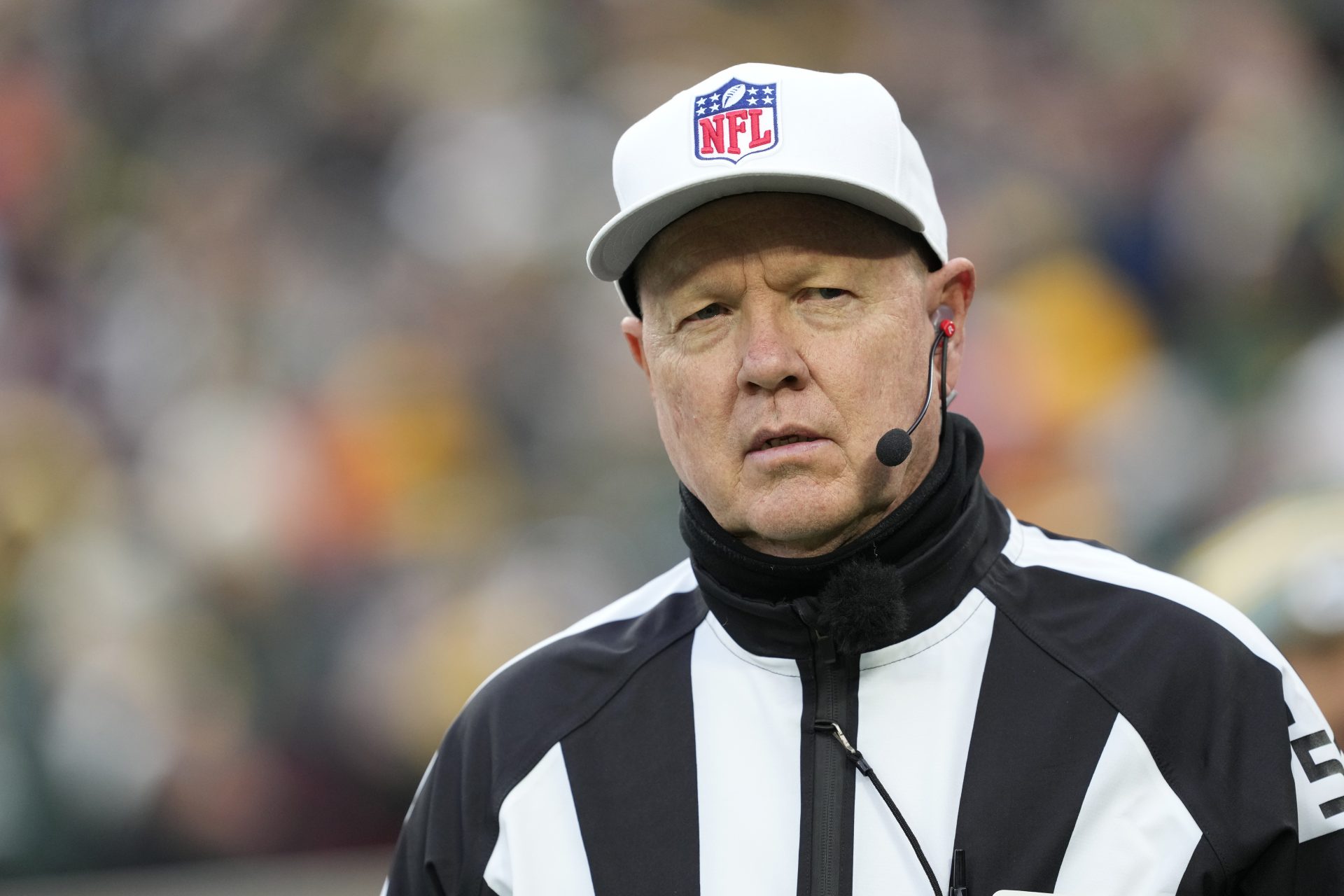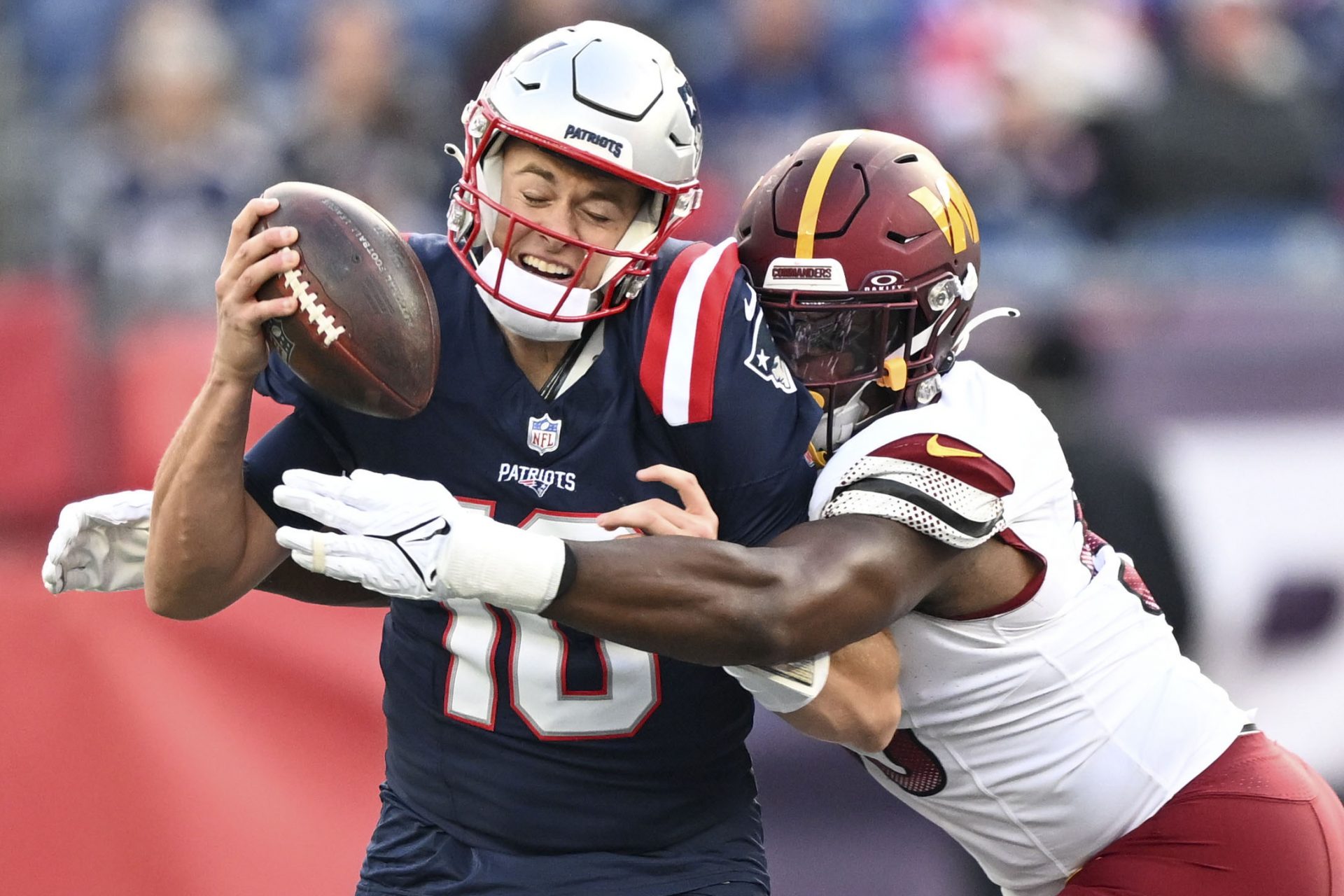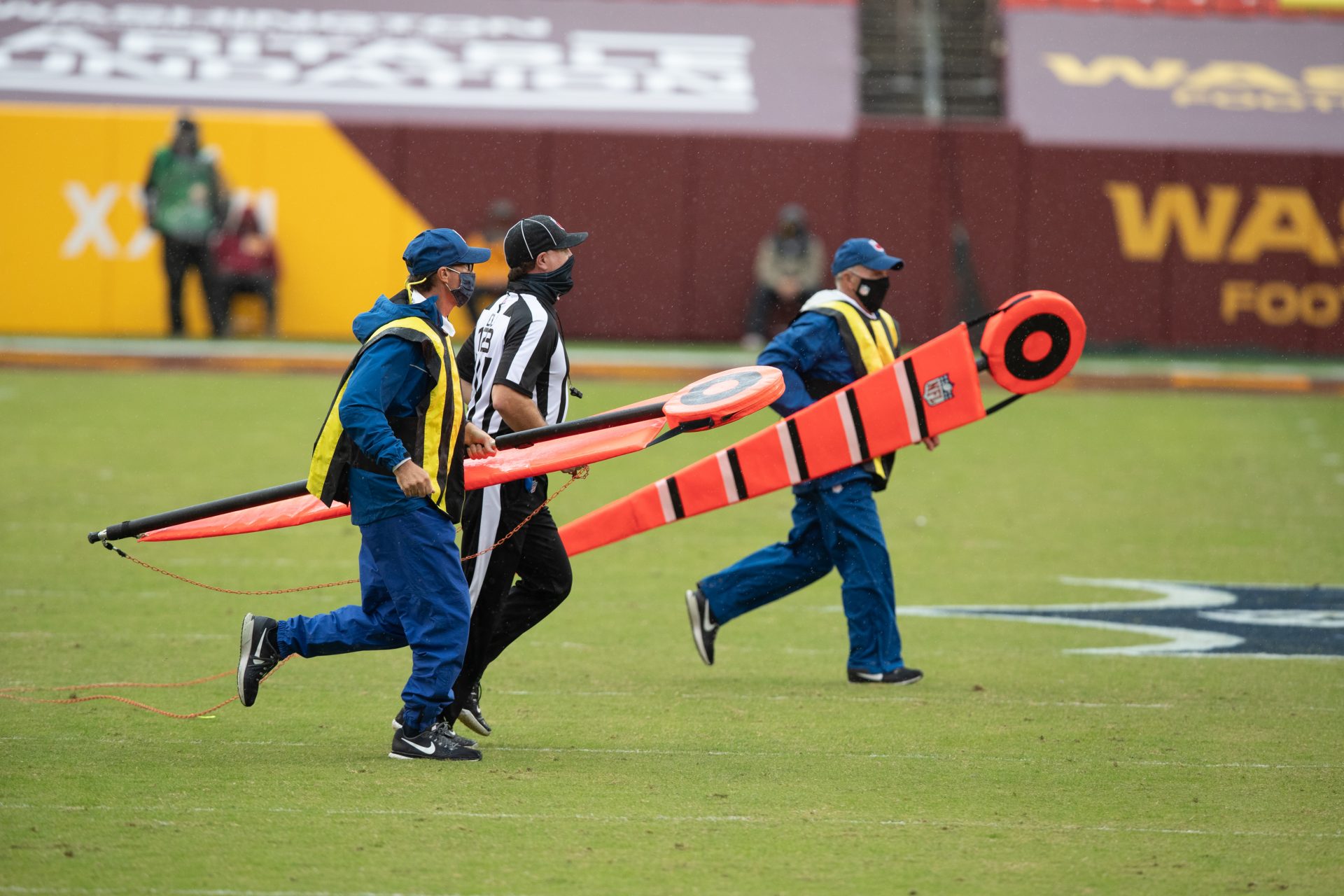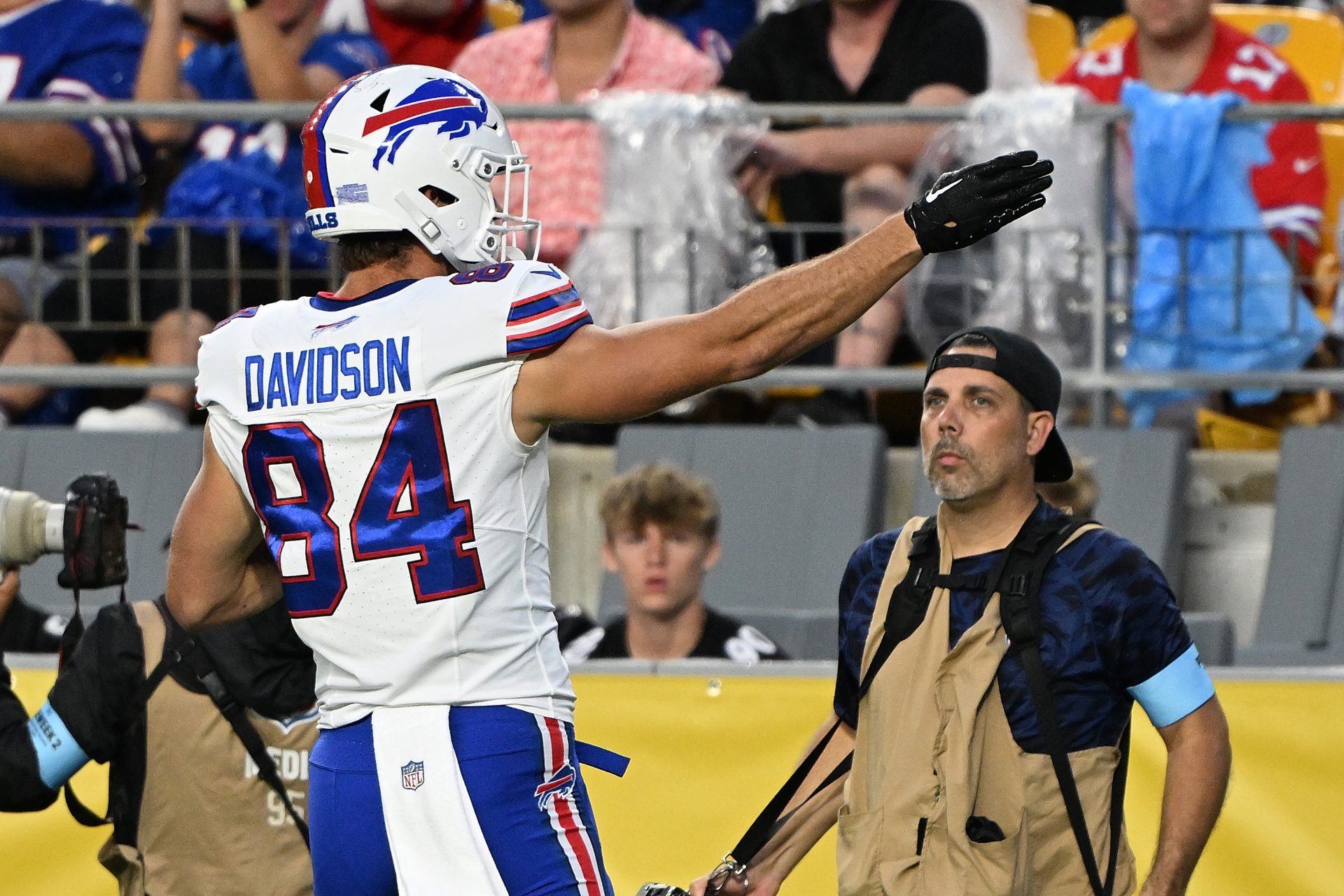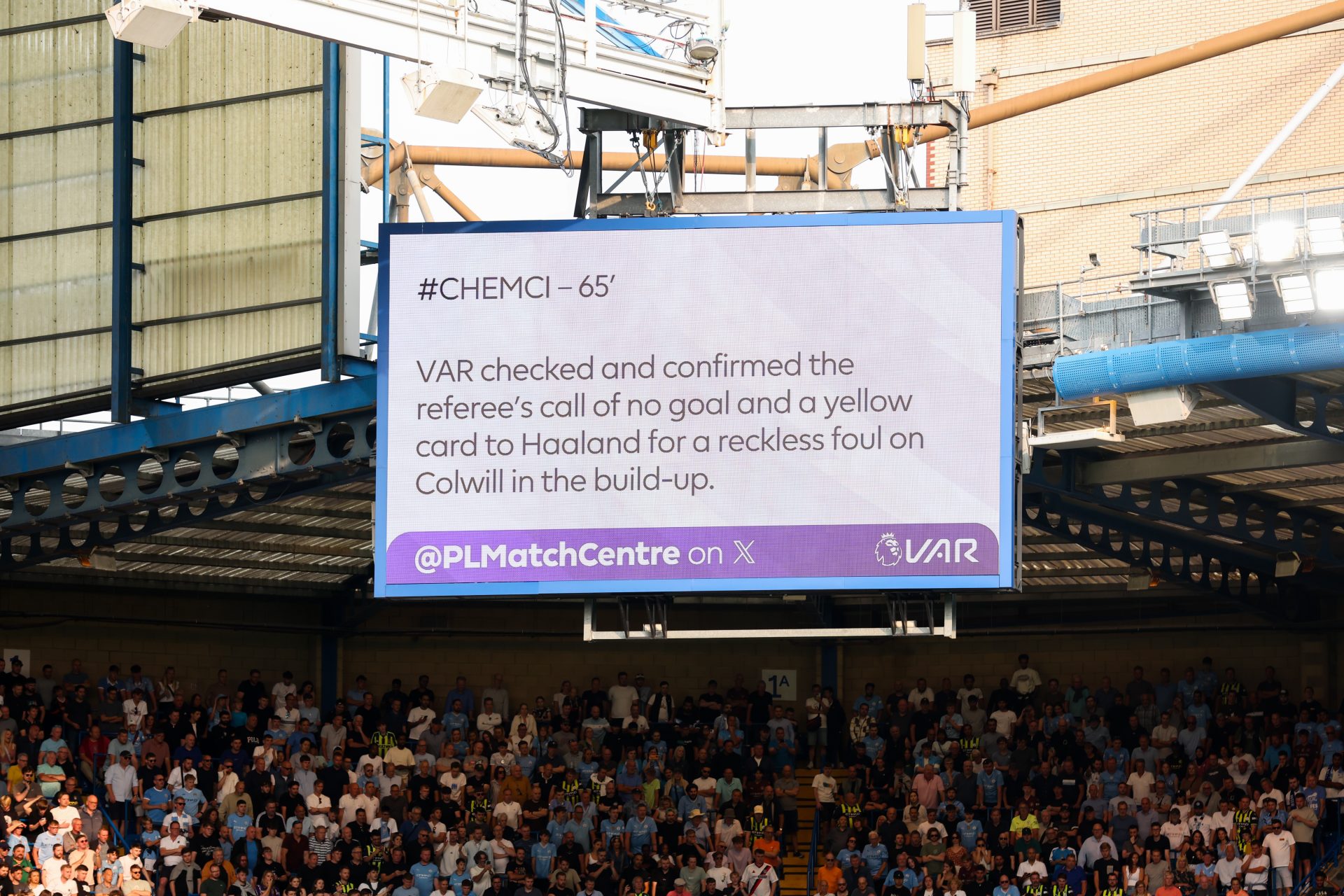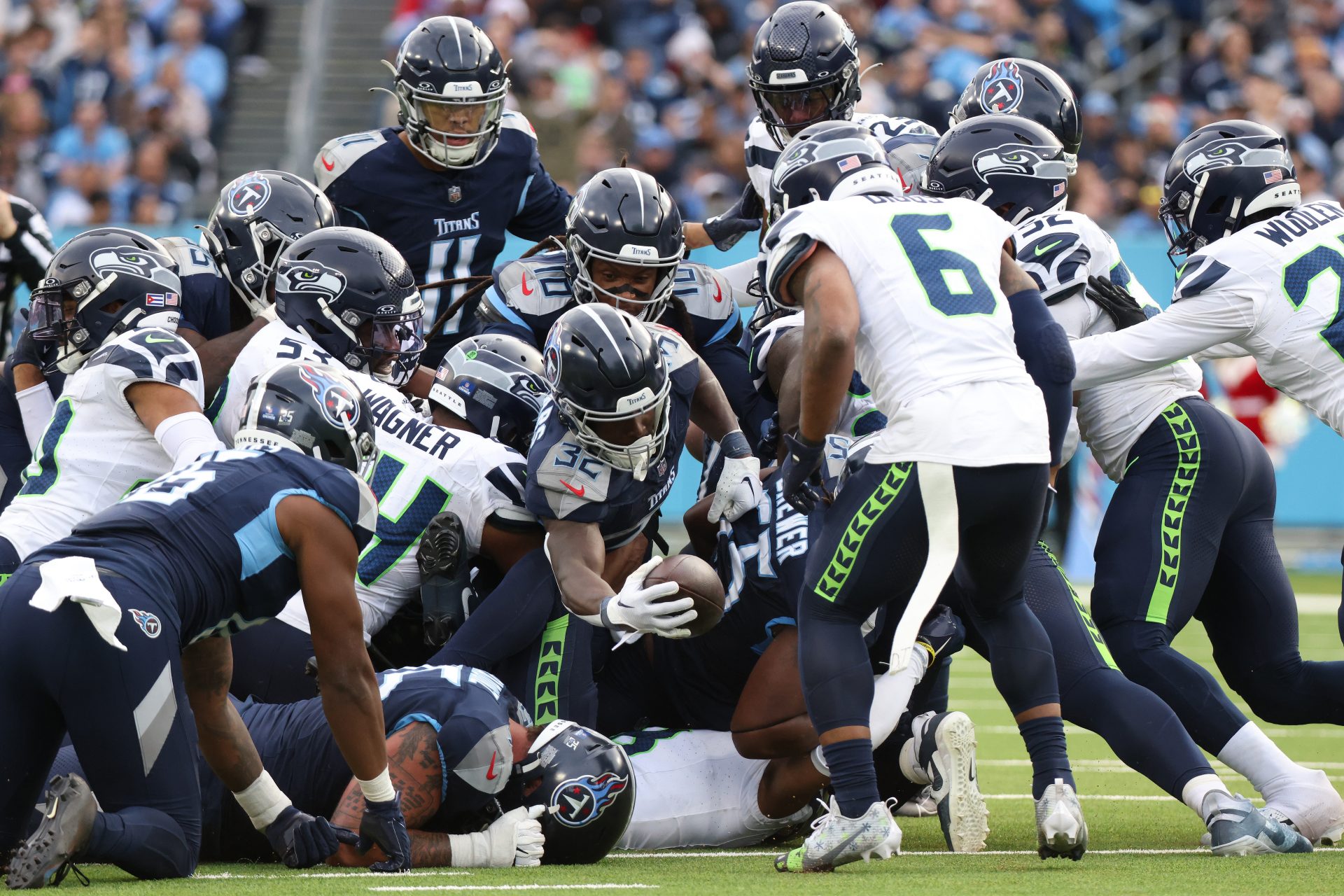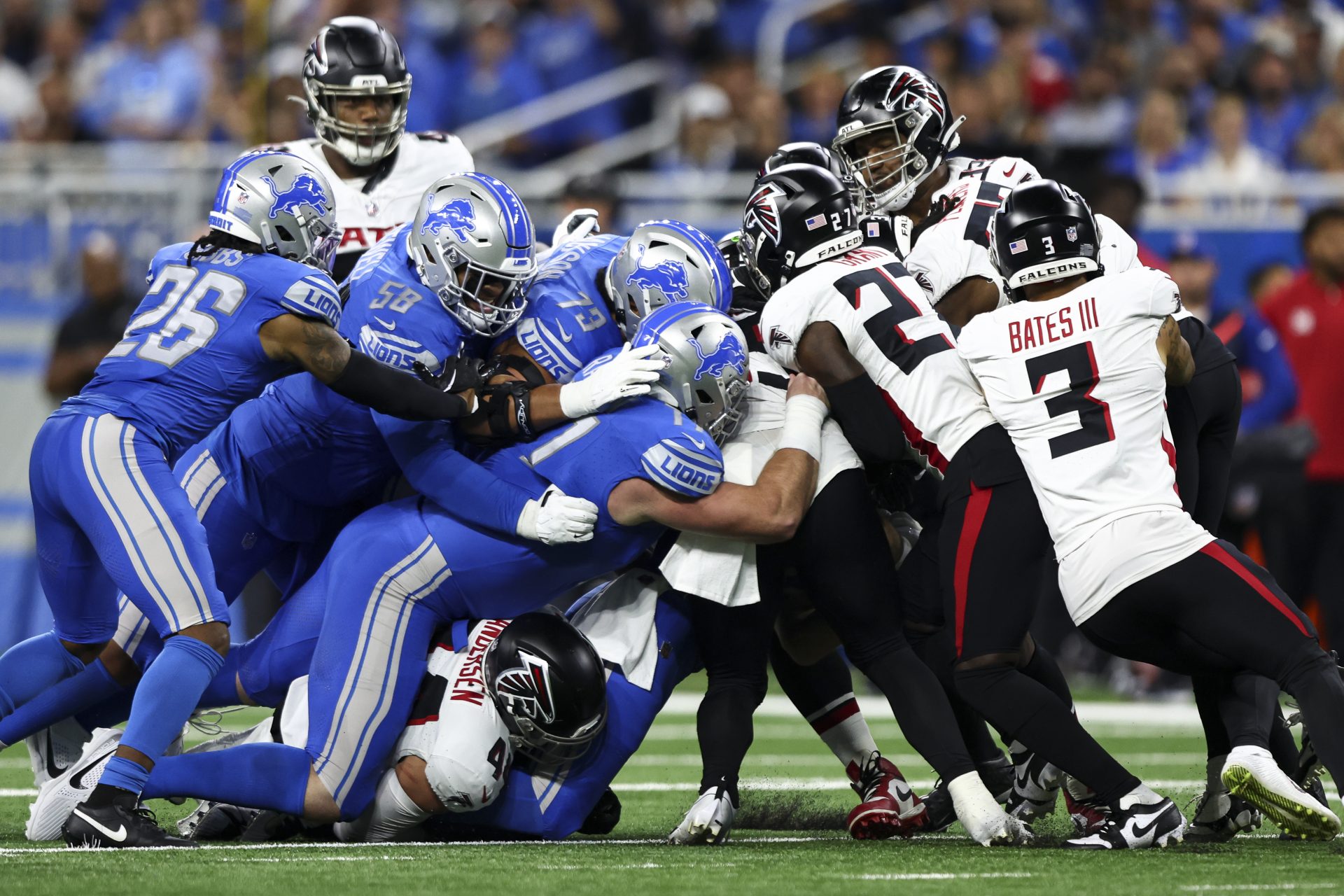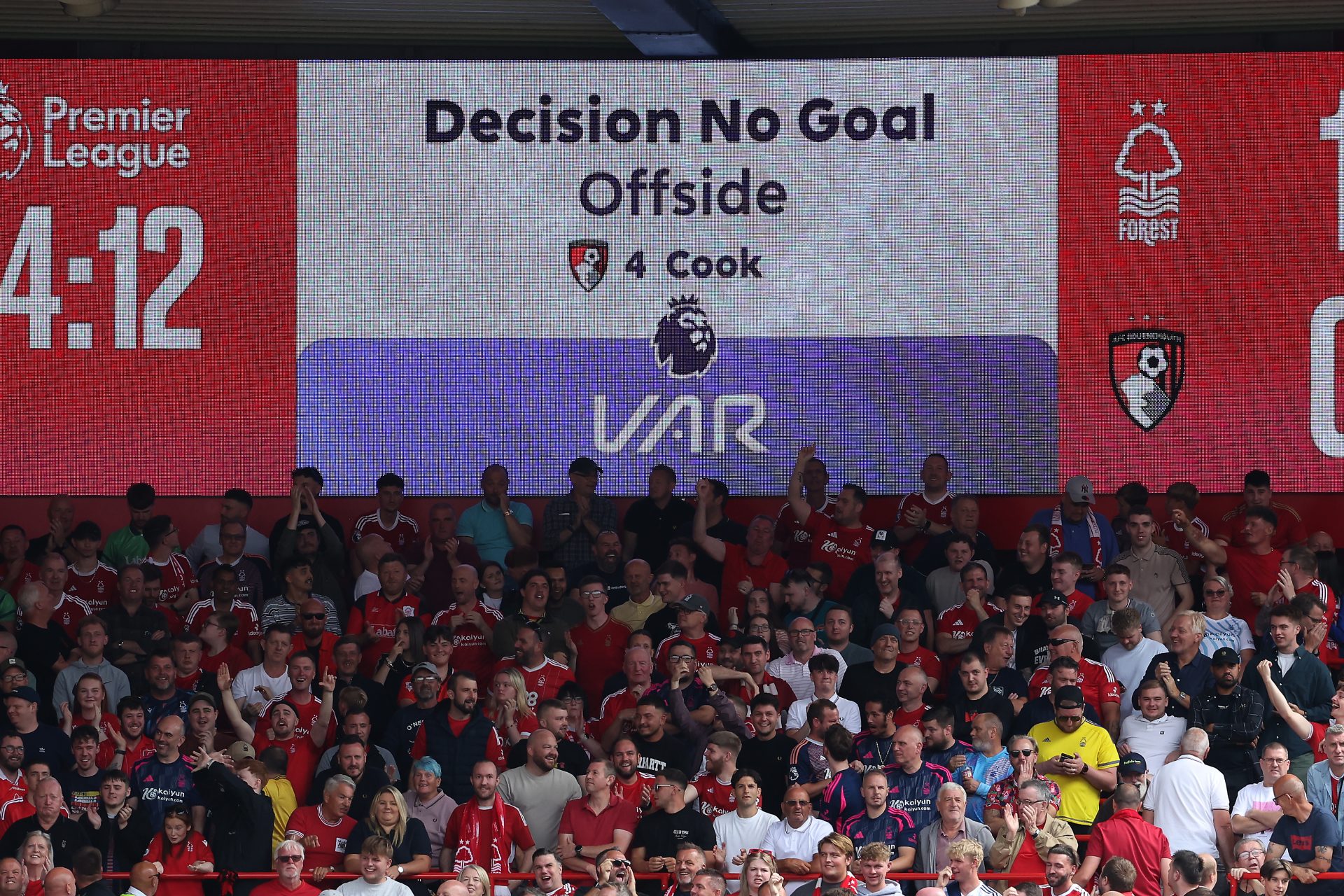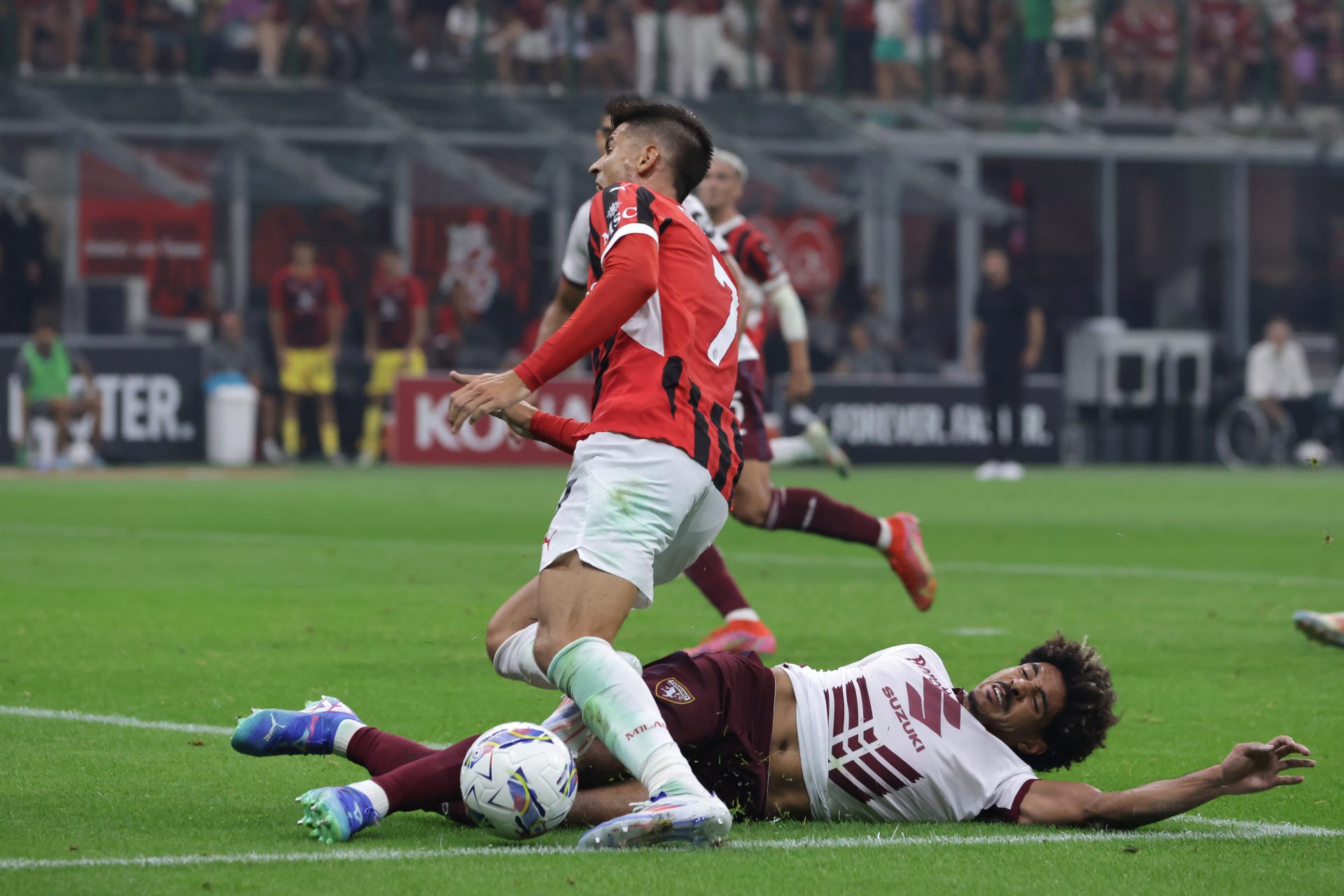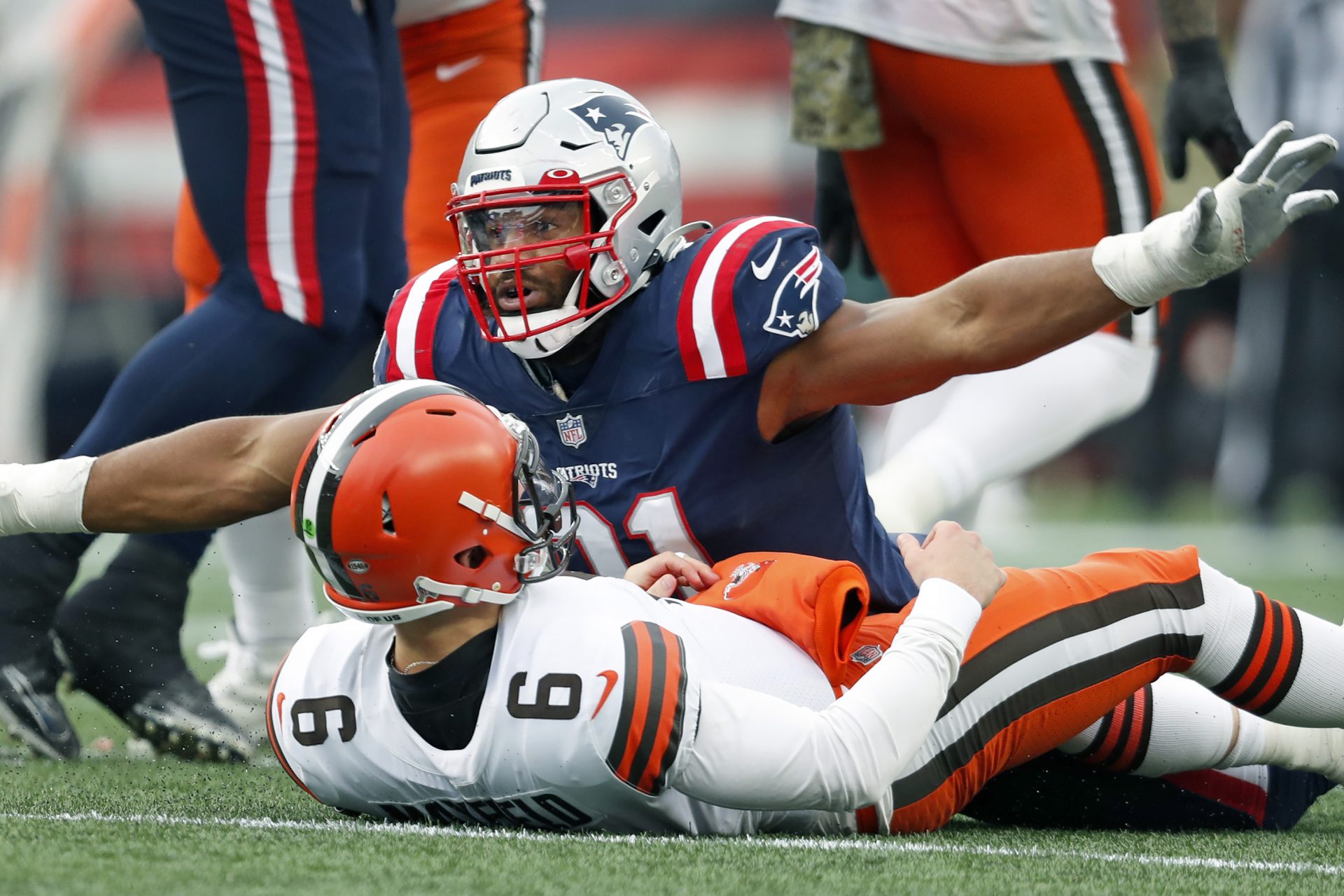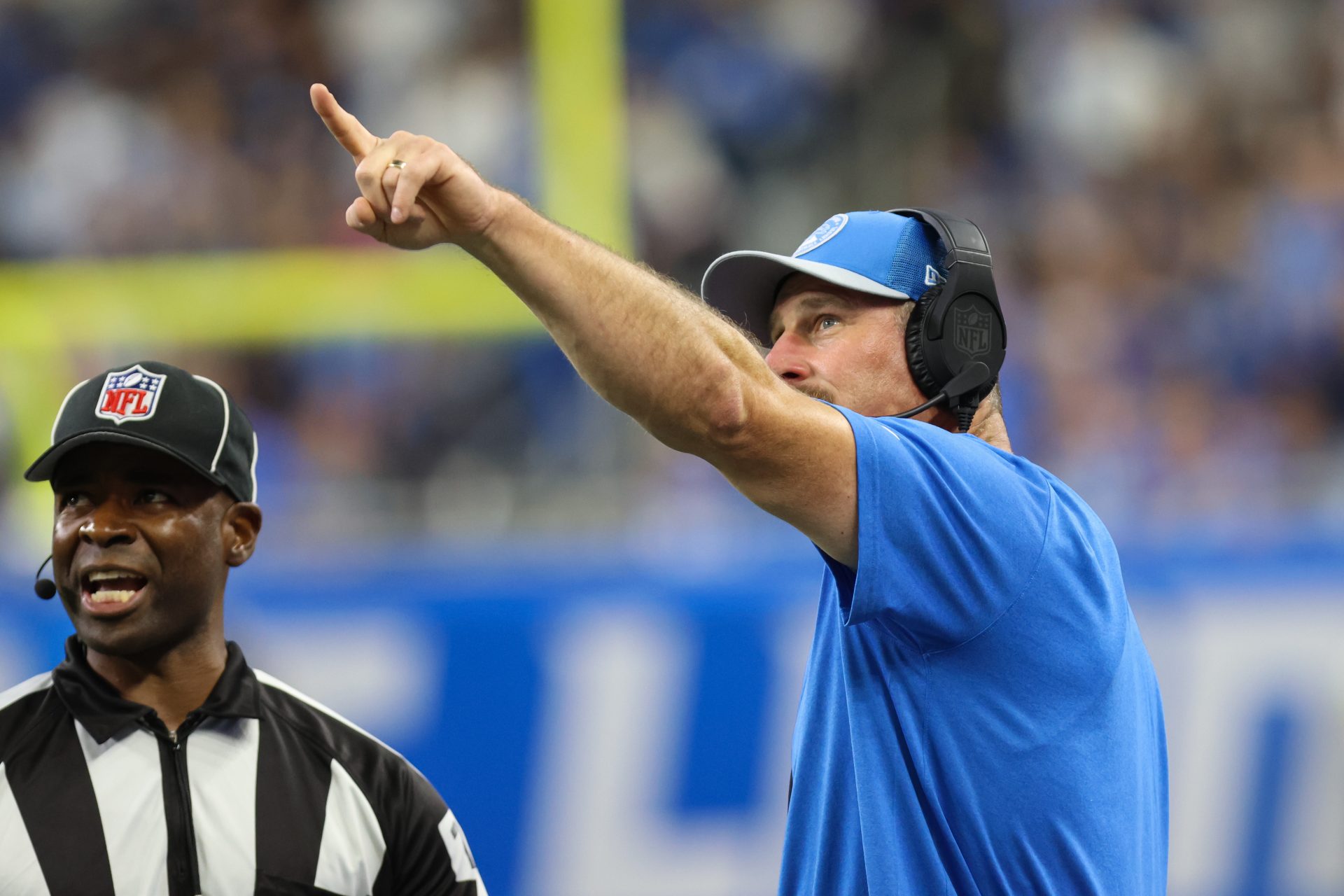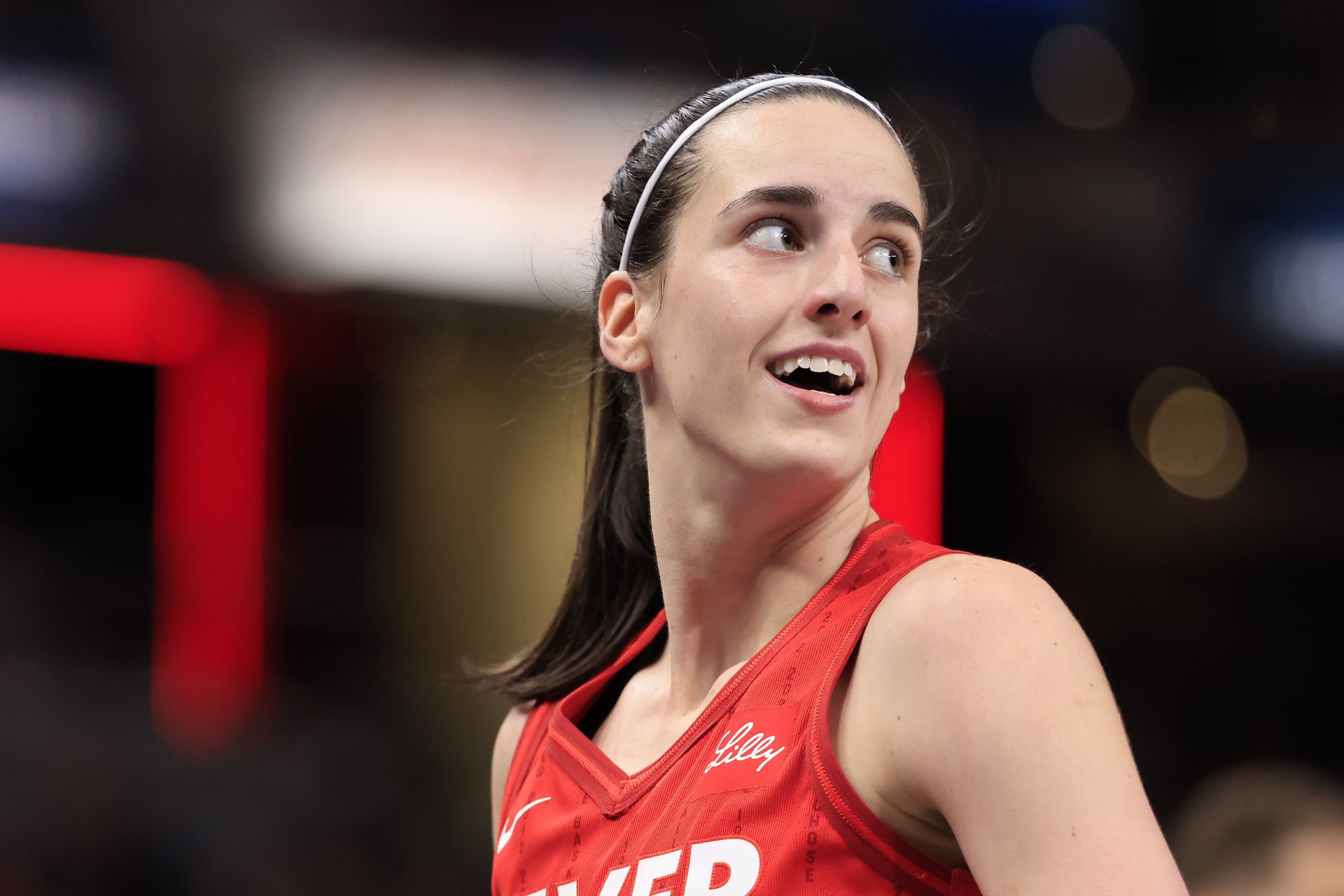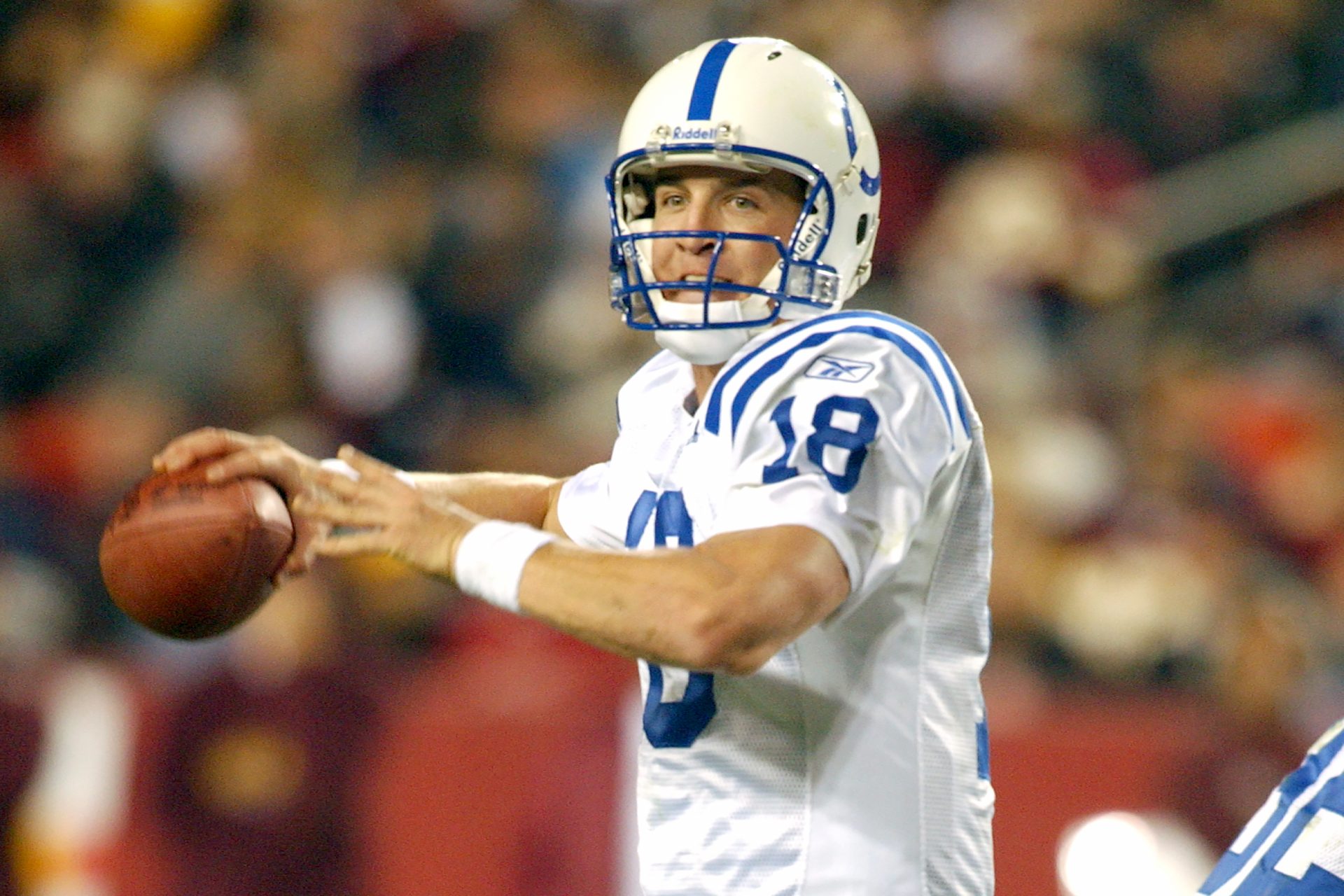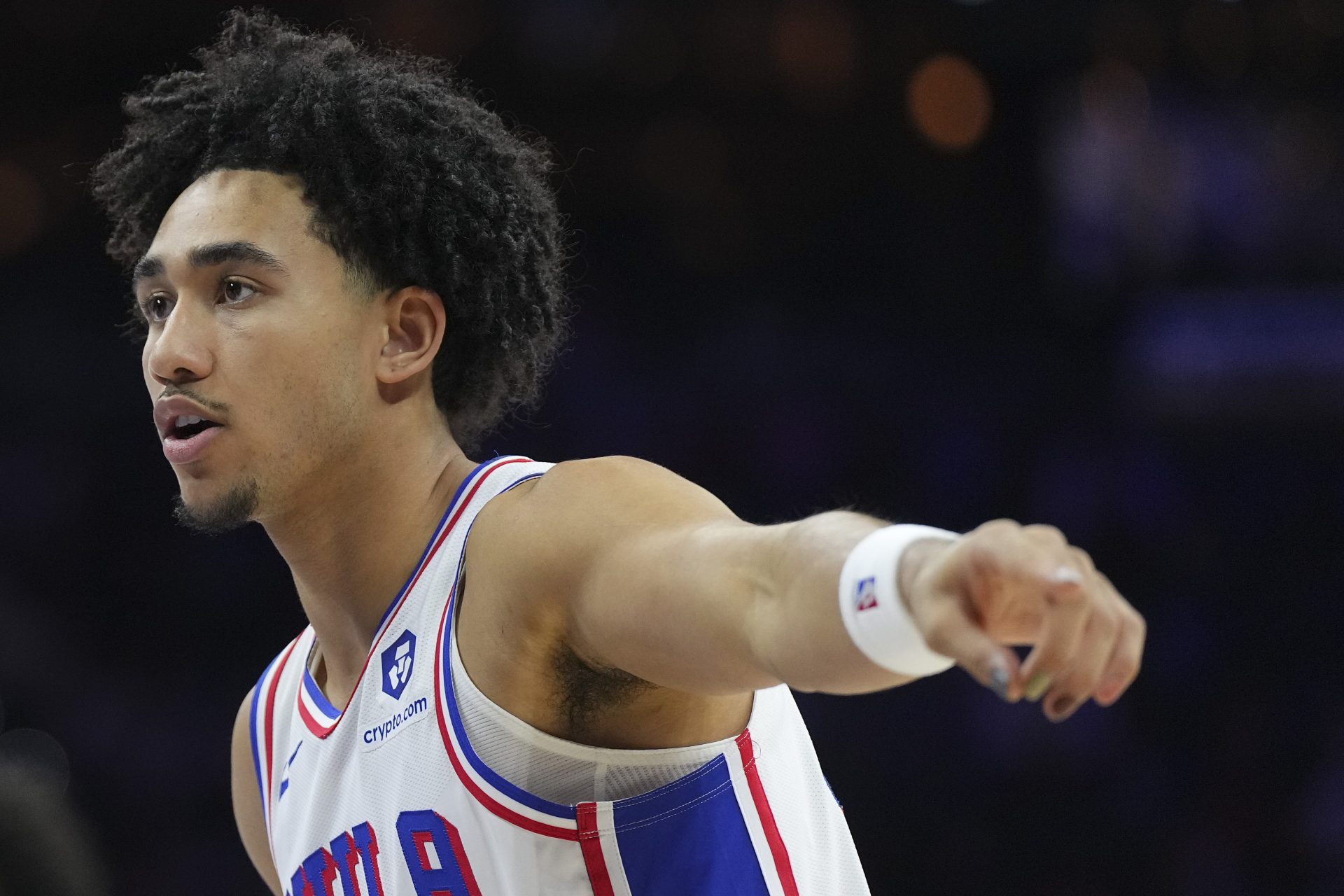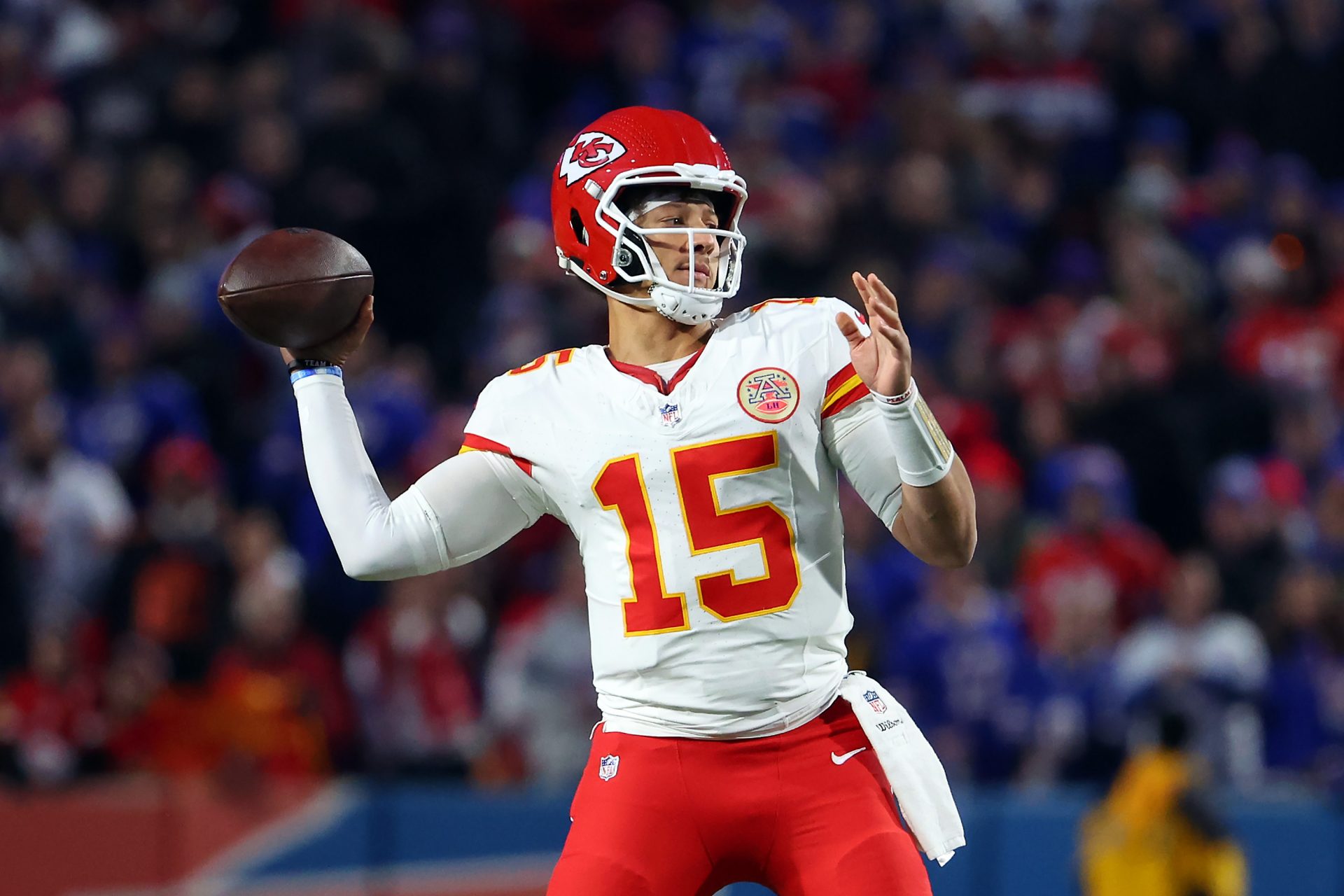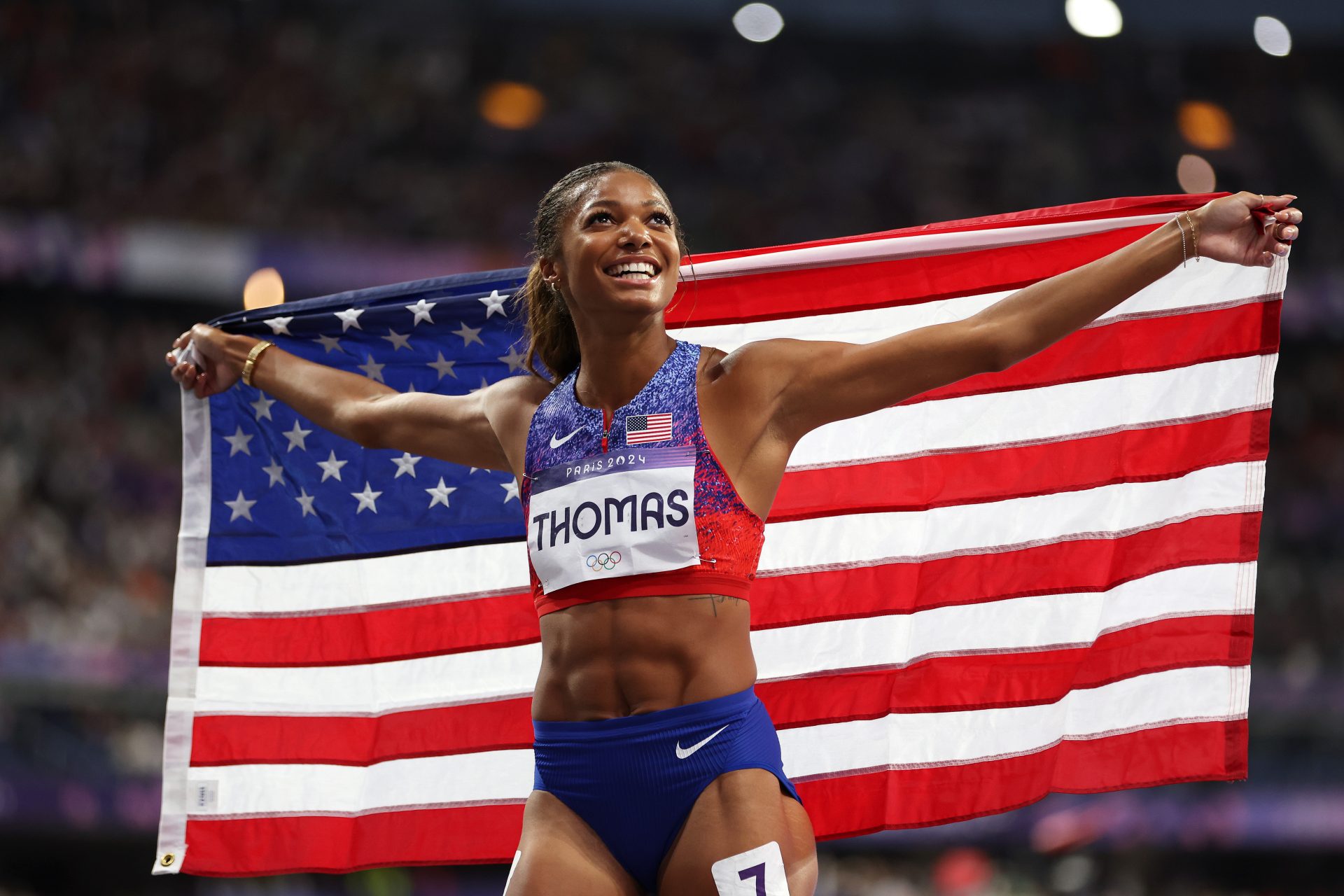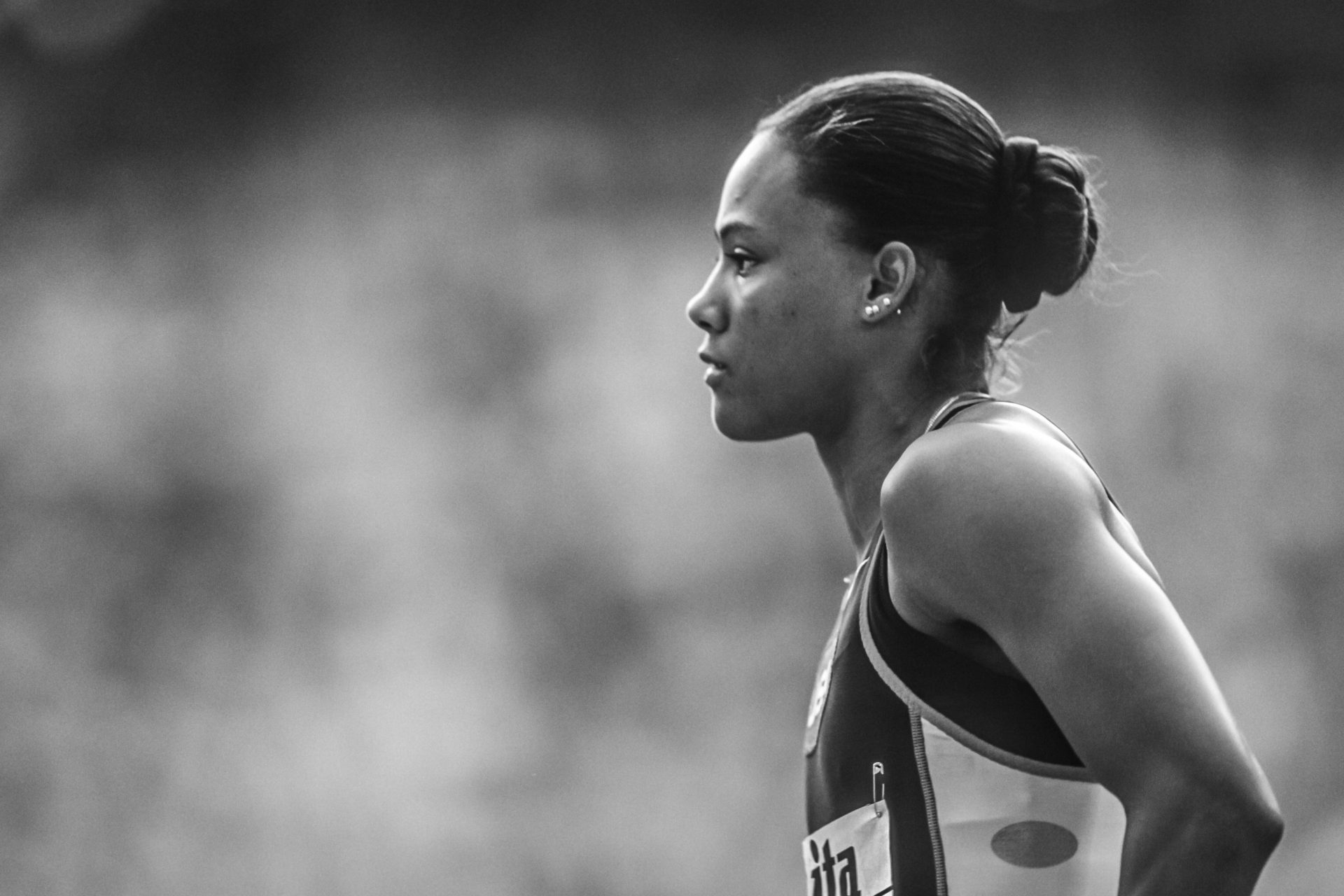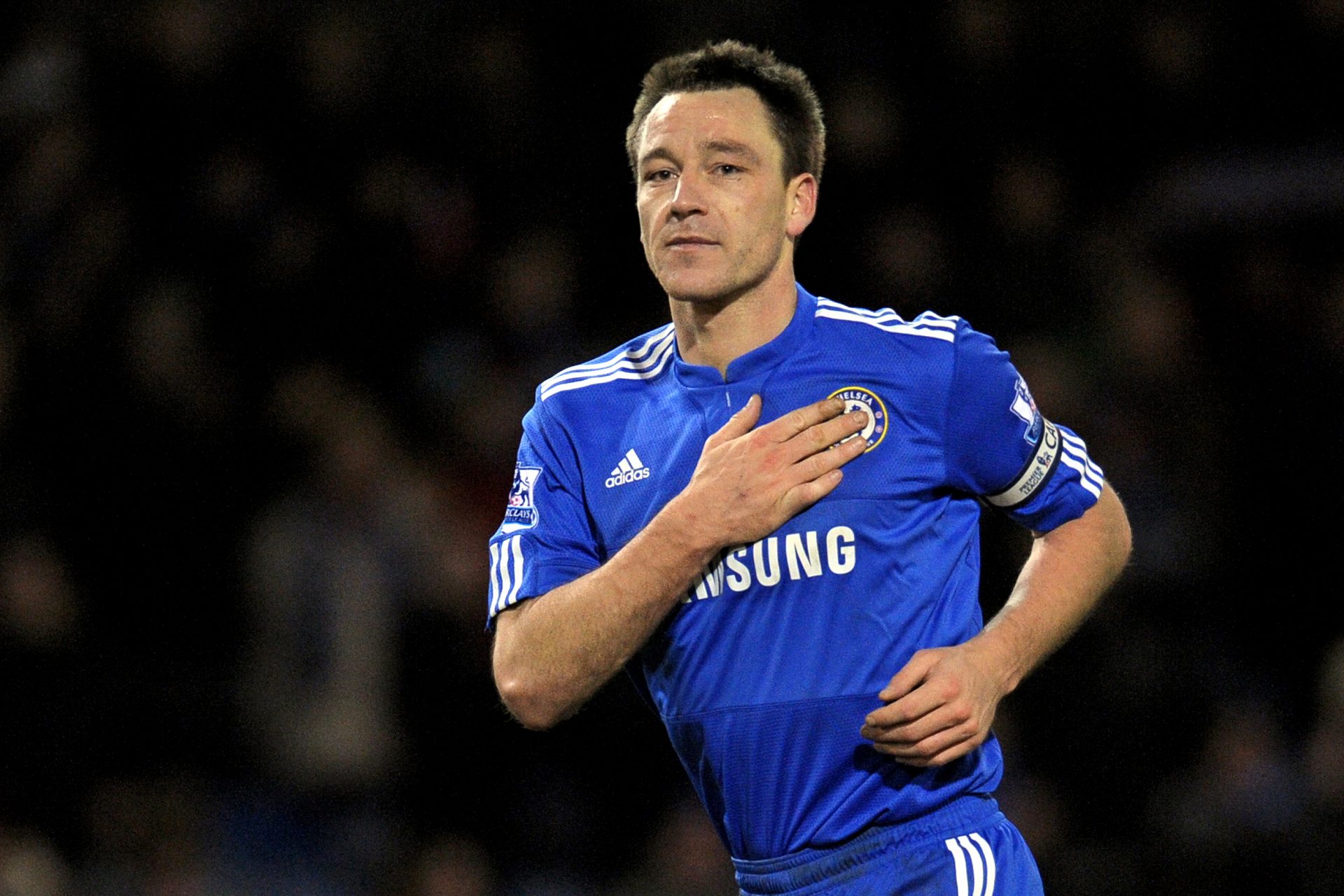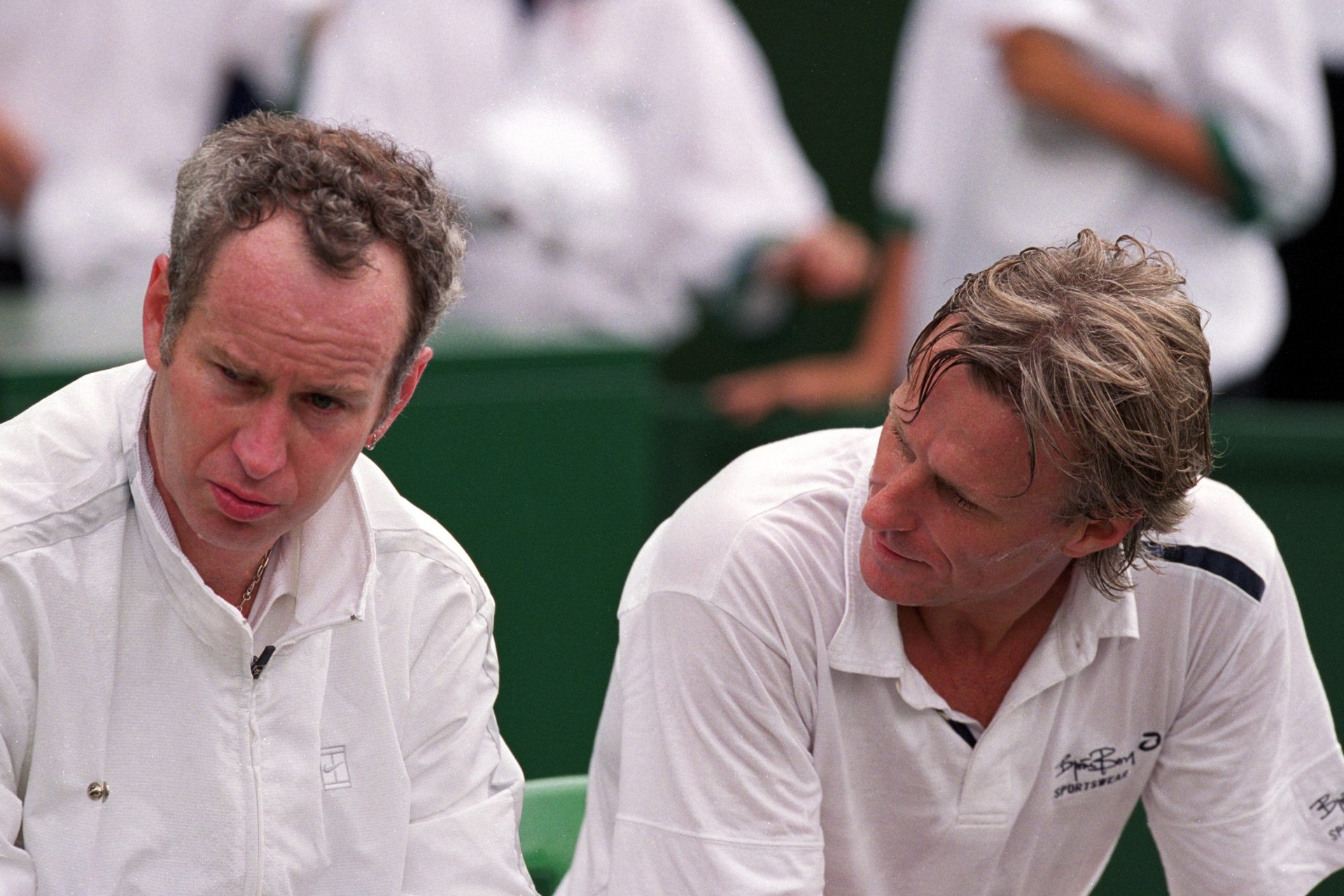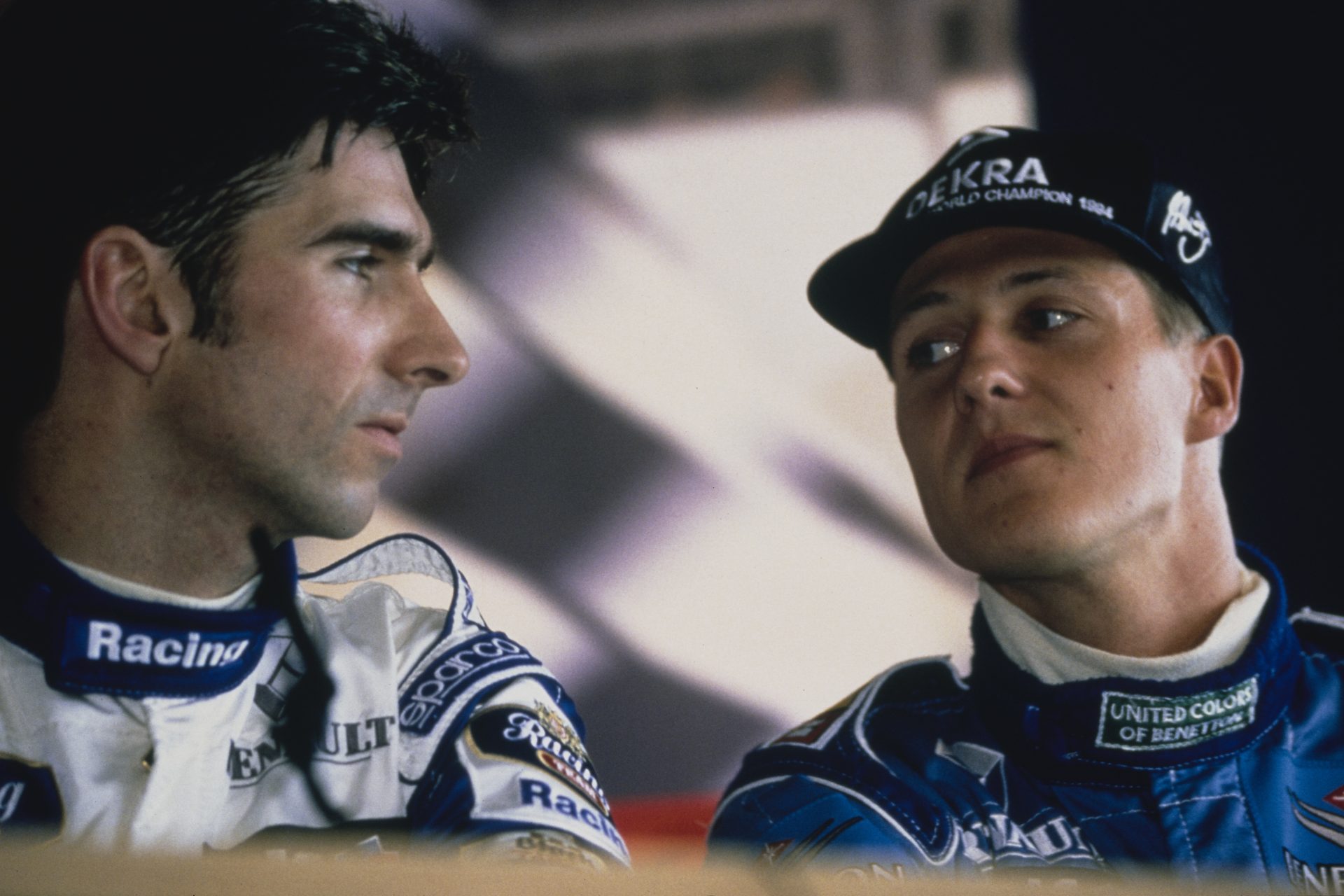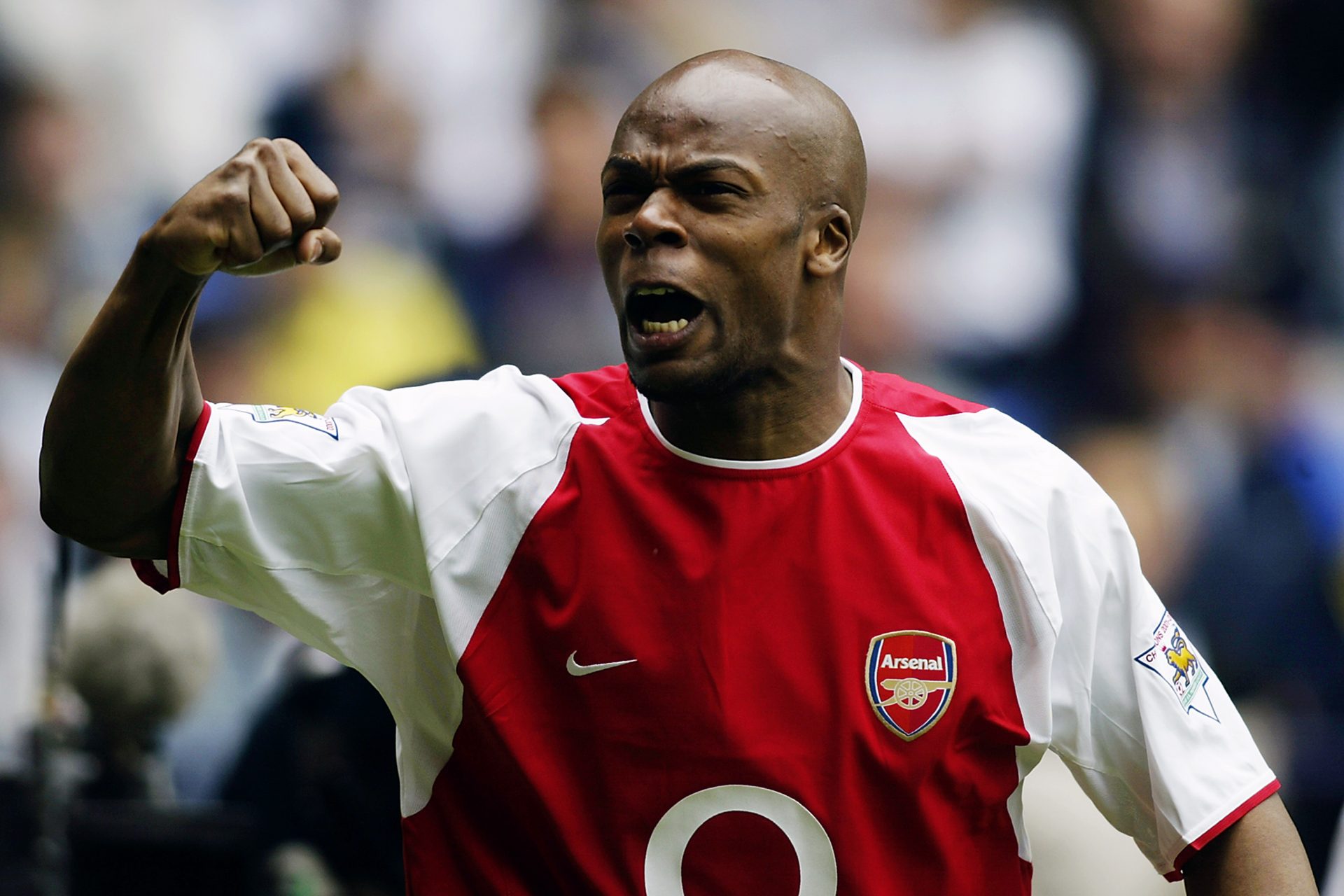Why VAR will ruin the NFL
There are a lot of moving parts in an NFL game, and the league appears to be open to the idea of introducing VAR (Video Assistant Referee) technology into the sport. We’ll take a look at the drawbacks that might come along with adopting this technology.
Players, coaches and teams are using the 2024 NFL preseason to get their act together before the regular season begins, and the NFL is doing the same thing. They’re giving VAR and optical tracking technology a rehearsal try-out this summer, and it could lead to some big changes in the near future.
Essentially Sports wrote about the NFL’s desire to give its officials all the help they can get. Earlier in 2024, NFL commissioner Roger Goodell said, “We have to use technology wherever we can to try to improve officiating.”
Want to see more like this? Follow us here for daily sports news, profiles and analysis!
Rich McKay, the NFL’s Competition Committee Chairman, told NFL Network, “The replay assistant will now be permitted to correct certain types of incorrect calls for roughing the passer and intentional grounding.”
The key to McKay’s quote is “incorrect calls.” VAR cannot review a play if a flag was not initially thrown; this system is only in place to review calls actually made in the game. Athelo Group notes that officials can request that VAR take another look, and the play can be reversed via this process.
Based on what we know now, it appears like this system can only be triggered by officials or by the VAR assistant. Coaches will still not be able to challenge roughing the passer or intentional grounding. It’ll be interesting to see if officials have the desire to have their work double-checked often, or if they will want to go with their view of the events on the field.
Want to see more like this? Follow us here for daily sports news, profiles and analysis!
The review of intentional grounding can be relatively straightforward, as it involves elements of location (was the quarterback inside the pocket, did the ball get back to the line of scrimmage). However, roughing the passer has always been a penalty that many fans and players see differently. It may be hard to correct something that is already nebulous in nature.
NFL fans of all ages are used to the chain staff that operate on the sidelines, which provide measurements to see if the ball was advanced far enough for a first down. However, the NFL might be taking a big step to reduce them to obsoletion in the near future.
The NFL is also giving a dry run to optical tracking, which uses technology and a microchip in the football to determine whether it crossed the line to gain. NFL Network reports that this particular technology is not likely to be used in the 2024 regular season, but it could be used in 2025 if the owners vote for it.
Want to see more like this? Follow us here for daily sports news, profiles and analysis!
This concept isn’t dissimilar from the technology that is already used in tennis and soccer, to determine whether a ball crossed a goal line or was out of bounds. However, there are some different challenges that come to mind in the NFL that don’t exist in soccer or tennis.
In the other two sports, game balls head to lines unobstructed for the most part. In the NFL, it’s common for multiple defenders to converge on a ball carrier, which muddies the sight lines, and adds confusion whether a ball actually made it far enough for a first down before a player’s knee is down.
It remains to be seen whether the microchip and optical tracking technology can take all of this into account. Is the technology advanced enough to sift through bodies at the bottom of a pile to see if the ball passed the line to gain? If so, will it still be up to a human to decide whether the player was down before the ball crossed the plane?
VAR is supposed to ensure accuracy, which in turn is supposed to boost the level of integrity of officiating in sports. However, ESPN’s Sid Lowe wrote a piece in 2023 claiming that VAR has actually made soccer worse.
Lowe wrote, “VAR makes everything bad. That contact is bad, that tackle is bad, that handball is bad, that offside is bad. Seen, slowed down, stopped, started and magnified, made into something that maybe it is not. Made into something. The footage studied over again and again until something comes into view, because something must.”
It’s an interesting take, especially when thinking about how VAR could look in the NFL. Soccer can be a physical sport, but the NFL features high-speed collisions between some of the largest humans on the planet. Slowing things down on video, as Lowe eloquently described, might make regular hits look over the top in the NFL.
Want to see more like this? Follow us here for daily sports news, profiles and analysis!
Let us know what you think about the rapidly changing landscape of NFL replay by leaving a comment!
More for you
Top Stories



